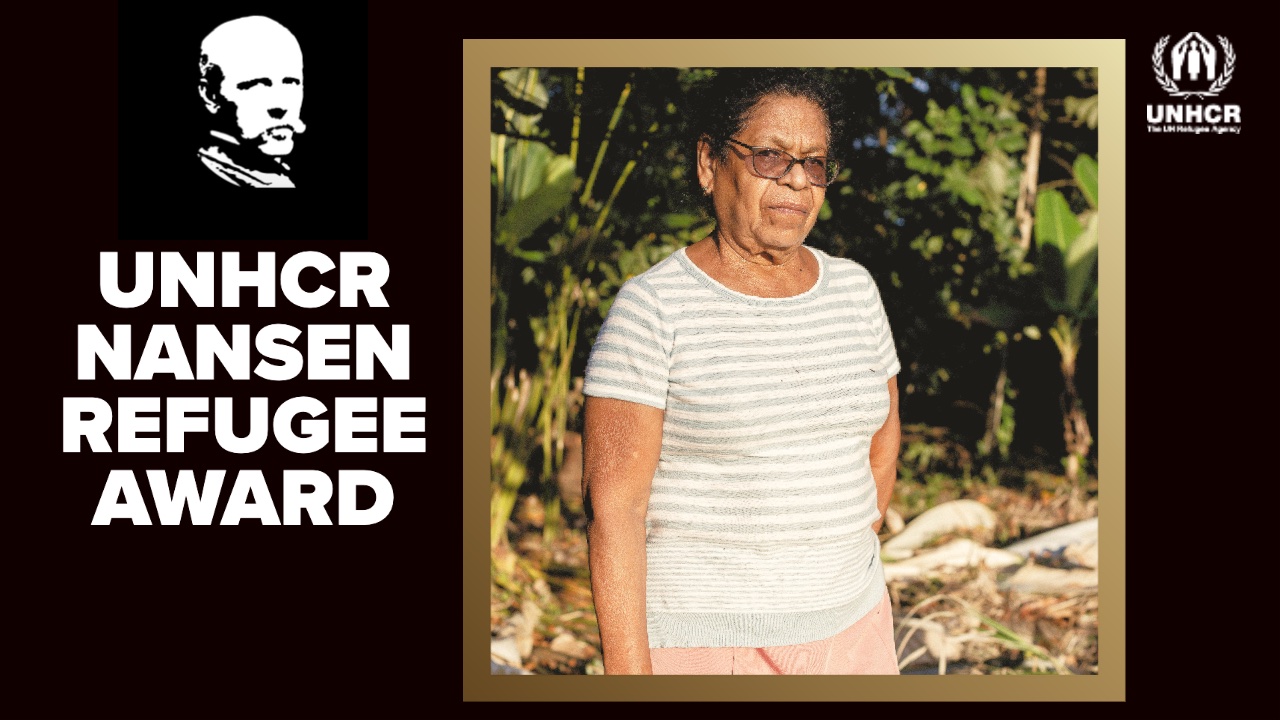Lathering up success in South Sudan for just US$1,000
Lathering up success in South Sudan for just US$1,000

YEI, Sudan, January 7 (UNHCR) - At a time when governments around the world are using hundreds of billions of dollars to bail out troubled financial institutions, some former refugee women in South Sudan have proved what a huge difference just US$1,000 and a little initiative can make.
Imelda Yobu is among the 300,000 refugees who have voluntarily repatriated to South Sudan since 2005 after decades spent in exile, and who are successfully rebuilding their lives and their country with the help of the UN refugee agency.
Imelda and her family fled South Sudan in 1990 when fighting erupted between the Sudan People's Liberation Army (SPLA) and government forces in the fertile fields of Yei. Imelda crossed the border from Central Equatoria state to the Democratic Republic of the Congo and spent the next 17 years living in Rudu Refugee Camp.
In Rudu, Imelda and four of her friends completed a training course in soap making conducted by UNHCR's partner, Oxfam. In June 2007, Imelda was finally able to return home to Sudan.
UNHCR continues to facilitate returns and promote sustainable reintegration by creating livelihood opportunities and improving services such as health care and education in areas of high return. Last year, UNHCR identified the group's soap-making skills while conducting returnee monitoring in the Lutaya area of Yei.
The agency gave the women a grant of US$1,000 - the capital needed to purchase the caustic soda required for making soap. The other ingredients - water, palm oil and colouring - are readily available in Yei.
The five women from Yei trained other returnees, and the group expanded to 19. They now produce 200 large bars of soap per day. Members of the group share the soap and travel back to their villages to sell them to members of the local and international community for two Sudanese pounds each (about 90 US cents). The income enables Imelda and her friends to pay for their children's education.
"The project has changed the life of many people in the Lutaya area," says Kiden Joyce Abraham, a UNHCR community services assistant. "It has improved hygiene and sanitation at the domestic level. It also reduced the spread of cholera and diarrhoea in the community."
The next step for the soap makers is to buy a bicycle so that the group can sell their products in markets much further afield and continue to expand the business.
By Alexandra Fielden in Yei, Sudan








